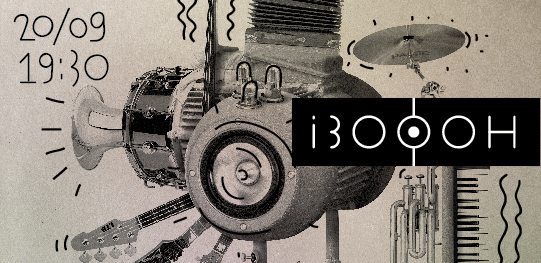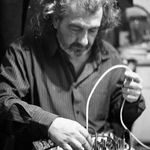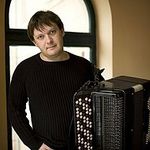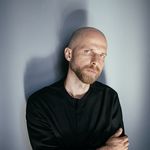IZOFON

21 September 2013 — 21 September 2013
IZOFON is a concert of contemporary music across various styles and genres. It is a large-scale experiment at the intersection of music, sound engineering, performance, installation, theater, and light show. The music takes place within the space of a contemporary art center located on an industrial site.
A distinctive feature of the presented works is the constructiveness of both the musical and human message. In a way, the concert is a search for the next step beyond the era of deconstructivist art, which was widely prevalent in Western culture of the 20th century.
For the past 100 years, most avant-garde forms of art have often been critical in nature. Political, social, and moral aspects, as well as rules and stereotypes of ethics and family structures, have been subjected to critique. There has been an active struggle against rigid artistic canons of the past. It became both correct and fashionable to expose the negative aspects of various spheres of human existence—both external and internal. Beauty and kindness began to be perceived as naive and outdated, while shocking the audience in every conceivable and inconceivable way became the norm of "good taste." As a result, negativity became an unspoken rule of the "avant-garde," and by the end of the 20th century, even of commercial art.
In the secondary and tertiary waves of imitation, the protest that originally lay at the core of these processes is either absent or purely formal. This is unsurprising—expressing or even realizing a deep, genuine protest requires one to be a philosopher, courageous, compassionate, and sincerely concerned about the fate of humanity. This is difficult, as it is, in essence, a heroic act. It is much easier to adopt a striking emotional form without burdening oneself with substantive content. This phenomenon is evident in one of the defining traits of our era—it has become fashionable to be mentally ill, broken, and perverse. Entire generations now find this appealing.
The situation is particularly complex in contemporary academic music, which currently faces several major issues. The first is that music has become almost entirely detached from its audience. Its consumers are usually musicians and composers themselves. The second issue is the teaching system in modern conservatories, which often suppresses students' ability to compose. The knowledge they acquire is dry and conceptual, and performance excellence is measured by precision more akin to a computer sequencer than a living human. As a result, music lacks the profound emotional impact that listeners appreciate, regardless of style or genre.
It is telling that those who achieve success as contemporary music composers often have little or no formal musical education—perhaps just a childhood music school background. Among successful composers, conservatory graduates are rare, and even when they do emerge, they are essentially self-taught.
The lineup of IZOFON consists of academic composers who possess both free, contemporary thinking and the ability to create melody, drama, and beauty—qualities that were integral to musical art before the deconstructivist era and that distinguish music with a future.
Today, there is more than enough critical, shocking, and negative art. We have reached a point where the human psyche's natural defense mechanism has made perception insensitive to artistic shocks and irritants. Further movement in this direction is meaningless and futile.
By creating IZOFON, we embark on a search for new forms of beauty and kindness that are relevant to contemporary individuals, new forms of harmony that resonate with the vastly changed external world of the past century. By proclaiming a constructive movement, we deliberately turn to avant-garde and non-commercial musical genres. It is precisely at this frontier that new musical thought thrives. Here, creative exploration takes priority over profit, making it the ideal space for the next constructive step.
The question of artistic constructiveness is complex, as the evaluation of art is, more than anything, subjective. One of the clearest and most objective criteria is mastery—the refined command of a skill, instrument, or technology that elevates the process beyond simple use into the realm of philosophy, spiritual exploration, and enlightenment. Mastery is inherently creative—one's willingness to devote immense time and effort to becoming a master in a field is already a testament to an artist's positive intentions. To become a master, one must truly love what they do. The presence or absence of mastery is always apparent—lack of skill or failure is difficult to mask with concepts and ideas. The level of an artist's mastery can be judged even without specialized education or training.
Therefore, when selecting composers for IZOFON, the key criteria were the constructiveness of their music, their mastery of their musical genre, and the humanitarian message embedded in their work.






